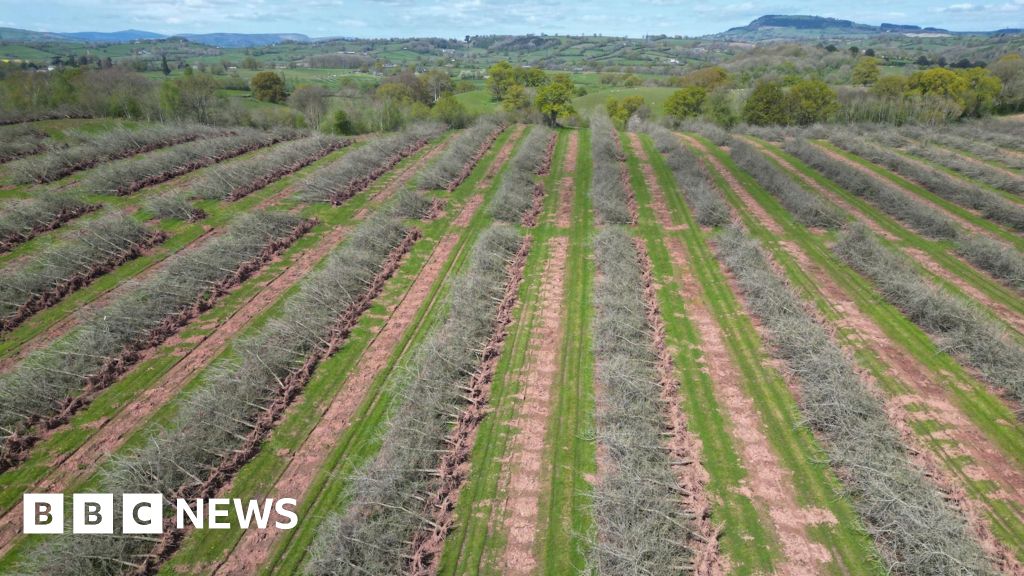Heineken, the UK’s largest cider maker, has cut down a large orchard in Monmouthshire, causing concern among environmentalists about the impact on bird habitats. The orchard, known as Penrhos Orchard, covered almost 300 acres and was the size of 140 football pitches. The company has blamed a surplus of apples and low demand for the cider for the decision to uproot thousands of trees that were planted in 1997. However, Heineken has argued that it acted in accordance with the Wildlife Act, and it was “incredibly important that we act responsibly and sustainably at all times.”
Ecologists have raised concerns about the removal of the orchard on migratory bird populations. The site was crucial for wintering thrushes, such as redwing and fieldfare, that eat autumn berries before turning to apples. The National Association of Cider Makers has also suggested that the UK cider industry is facing significant challenges. It revealed that 2,000 acres of cider apple orchards have been lost in the past few years. The loss has come amidst a 30% reduction in cider consumption in the UK during the last decade.
In contrast to the challenges faced by the large cider industry, community orchards and small cider brewers continue to flourish. A duo, consisting of Adrian Morales and Alys Williams, runs a cider tap room business in Talgarth, Powys. The couple has acquired an adjacent orchard that also enables them to offer fruit-picking opportunities to campers. Morales has suggested that government bodies should encourage people to diversify orchards, viewing them not only as highly intensive apple sources, but also as space for other activities.
Recently, trees have been the focus of the Welsh government, which has started consultations on a plan to ensure farmers grow trees on 10% of their land to meet a crucial subsidy scheme’s requirements. Although the initiative is voluntary, opponents have criticized its viability, with 3000 individuals protesting at the Senedd in February. However, as it is entitled to fell trees on its land, Heineken has the right to cut down the trees on its site. The decision whether to plant new trees will be up to the next landowner if it is sold
Read the full article from The BBC here: Read More
